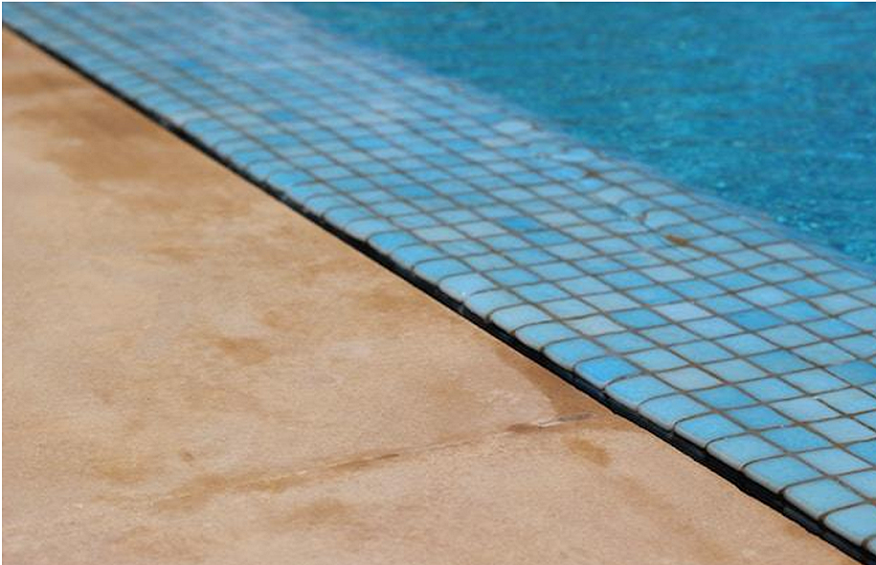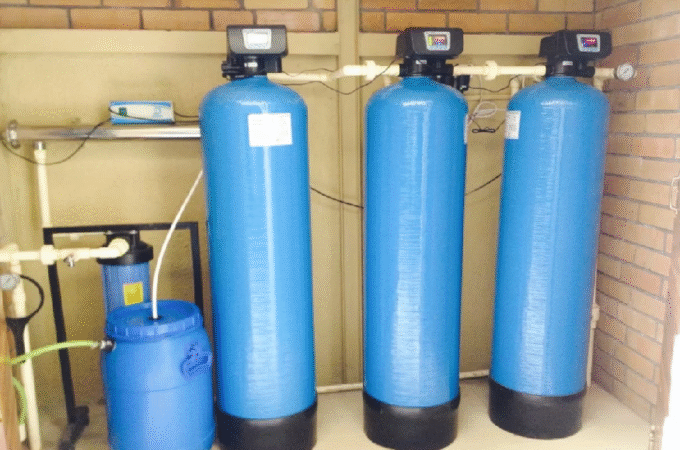
Glass vs. Ceramic Pool Mosaics – How to Choose
Pool mosaics are a wonderful way to add color and fun to your next swim. But not all mosaics are made the same. There are a variety of tile materials you can use to create your unique design. Deciding on glass vs. ceramic pool mosaics has stalled many design operations in the past. But by understanding the differences each material provides, you can quickly determine which is best for your pool.
Ceramic Pool Mosaics
Ceramic is a mixture of clay, minerals, and water that is baked at high temperatures to create the smooth surface of a tile. They are often coated with a sealant to help add shimmer and stability when immersed in water. Ceramic tiles provide the following benefits:
Cooler surface area, providing relief in warmer temperatures.
Lower cost for production, meaning they’re more affordable.
A natural look and feel with a slip-proof surface.
However, it’s important to note that ceramic tiles absorb more water than other materials, meaning they are more likely to stain and could potentially crack in freezing temperatures.
Glass Pool Mosaics
Glass, on the other hand, is made of silica sand mixed with chemicals that can create a variety of colors for each tile. They are formed after being heated and left to cool and harden, which is the opposite of ceramics. Glass tiles provide the following benefits:
Tiles come in a wide range of colors and textures that permeate the entire tile, leaving unique and colorful designs behind.
There is less maintenance required, as glass cleans easily and resists ultraviolet rays that can stain or fade other materials.
Recycling methods can create wonderful glass tiles that are also eco-friendly.
While glass is easier to maintain and clean, it’s the more expensive material to purchase and install. It’s also the most dangerous option, as glass tiles tend to be slicker than other materials. They make for great side designs but aren’t the best choice for pool edges or decks.
How to Choose Glass vs. Ceramic Pool Mosaics
Deciding which material to use for your pool is one of the hardest decisions you’ll make. Both glass and ceramic have pros and cons to consider. When picking out your pool mosaic, consider the following criteria to help you figure out which material to order.
Location of Mosaic – Wall mosaics are perfect for glass tiles, but you may want to choose ceramic for walkways.
Location of Pool – Warmer temperatures work best with ceramic tiles, but glass is a better option in areas with temperature fluctuations.
Desired Appearance – If you want a mosaic that shimmers with appealing colors, you’re best off choosing glass. But if you want a mosaic that has a more natural, neutral feel, ceramic is the best bet.Choosing between glass vs. ceramic pool mosaics can be difficult. But if you know what you want as a final product, you can create a stunning mosaic that fits your unique style.





